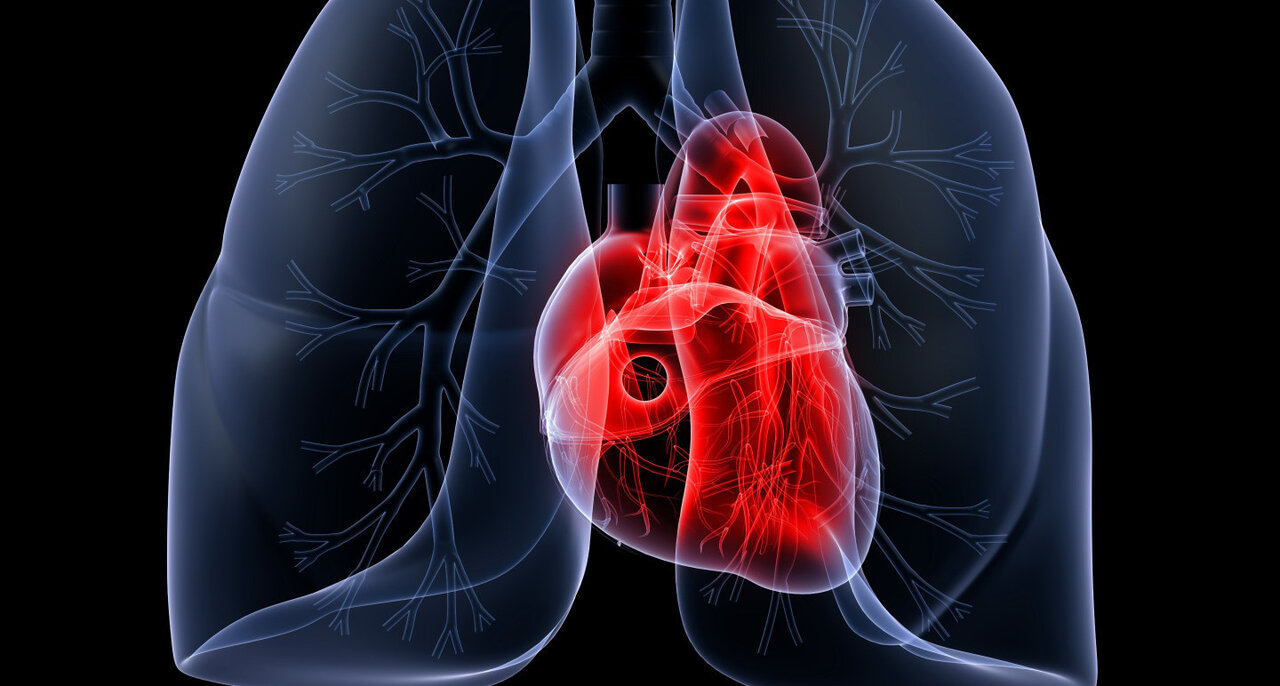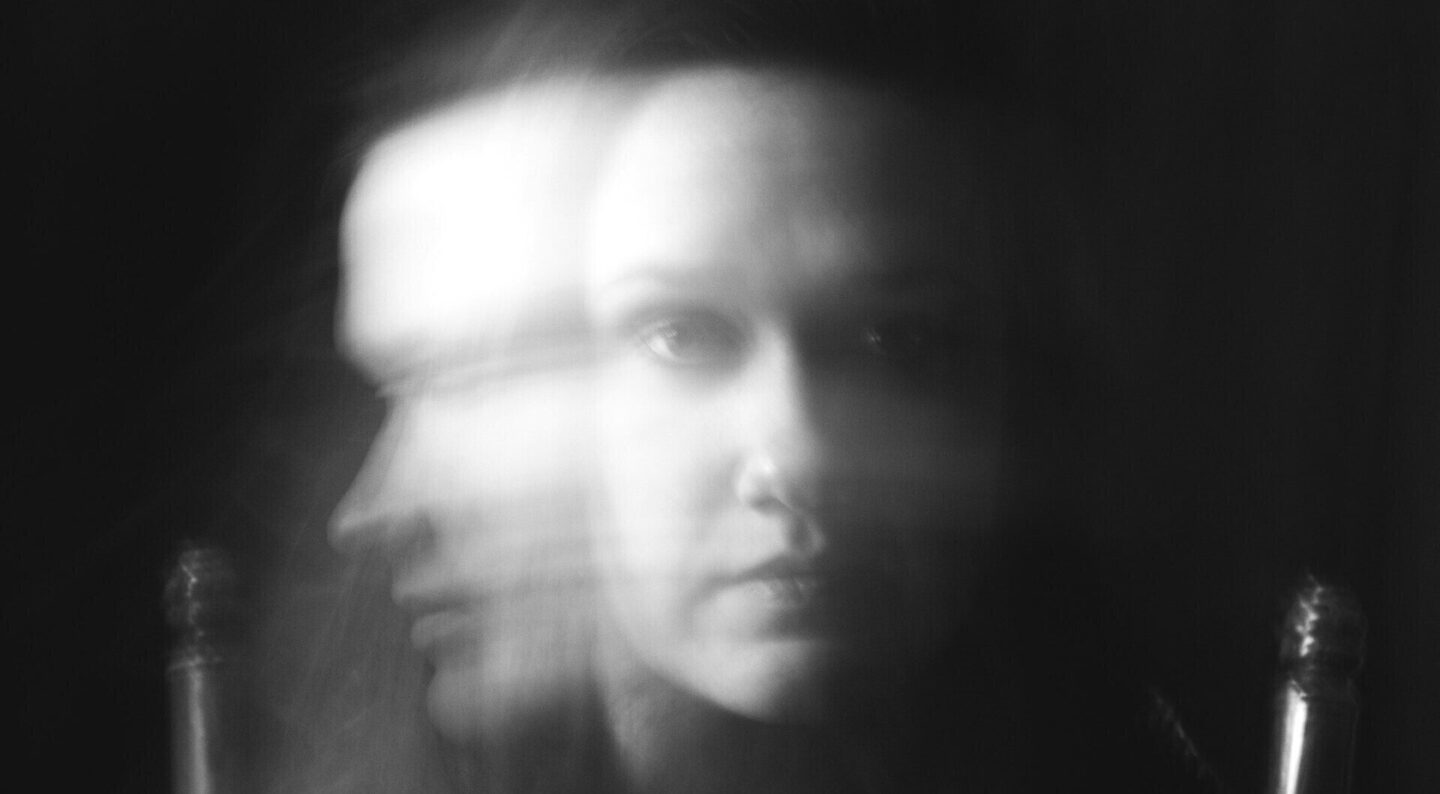Addressing Ibogaine’s Heart Risks
Ibogaine is a tryptamine psychedelic found in Tabernanthe iboga, a shrub native to Central West Africa. Some of the indigenous peoples of Gabon, Cameroon, the Democratic Republic of Congo, and the Republic of Congo use the root or bark of this plant (as these contain the highest concentrations of ibogaine) as part of Bwiti spiritual…
View Post


